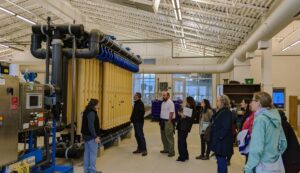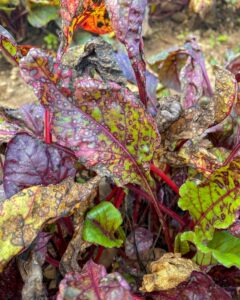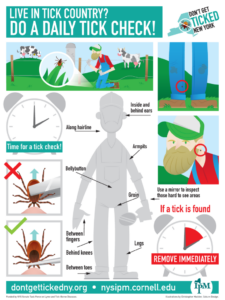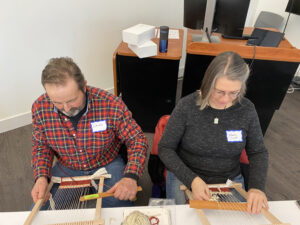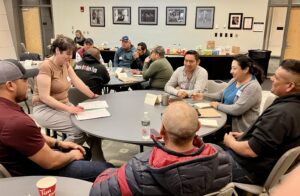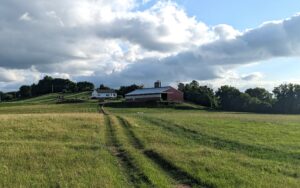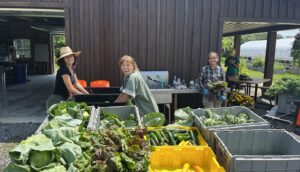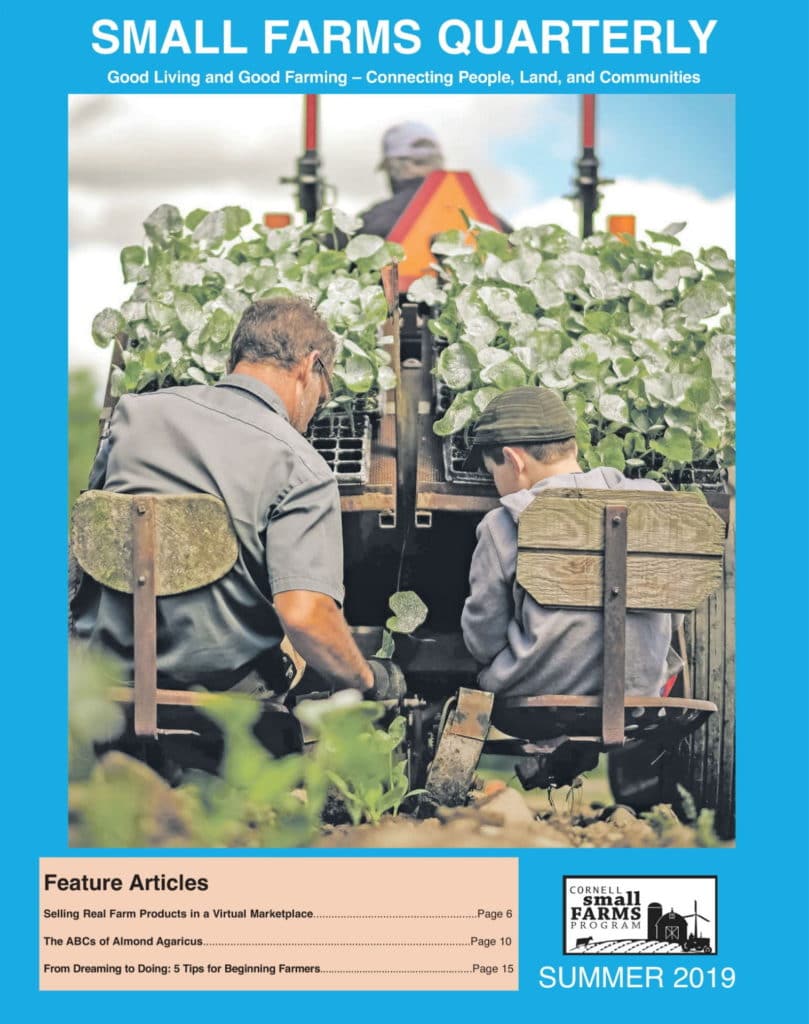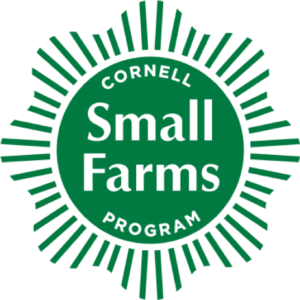Small Farms Quarterly
Receive news and resources as they are released by joining our newsletter.
Cultivating Agroforestry and Specialty Mushrooms in New York State Our new Agroforestry and Mushroom Specialist, Connor Youngerman, has been building relationships with the agroforestry community in NY and beyond since…
Read MoreThe two-day event was held in mid-April and focused on: current conditions and trends, monitoring and assessment in New York State, tools and approaches, and communication around drought. In…
Read MoreCornell study highlights new organic tool for farmers to to fight the growing problem of fungicide resistance: germicidal ultraviolet light. Germicidal ultraviolet light is effective at killing a damaging…
Read MoreAs we head into a flurry of life and activity on our farms, the warmer weather and longer days of the season means increased wildlife activity and therefore the return…
Read MoreThere is an urgent need for accessible mental health resources and targeted suicide prevention initiatives in rural America. While suicide is a leading cause of death nationwide, according to…
Read MoreVeteran-specific events foster community, skills, and farm business growth for farmer veterans considering regenerative fiber production solutions. New York State is home to an array of specialized animal breeds…
Read MoreInsights based on the experience of the Futuro en Ag team with the Cornell Small Farms Program. Language justice is a key part of equity for educators attempting to…
Read MoreUndergraduates manage day-to-day operations at Dilmun Hill Student Farm, which was envisioned 30 years ago. For the past almost-30 years, a small group of undergraduates has worked together to…
Read MoreSubscribe to the Small Farms Quarterly
Browse the online archive and subscribe to get each new issue when it's released.


